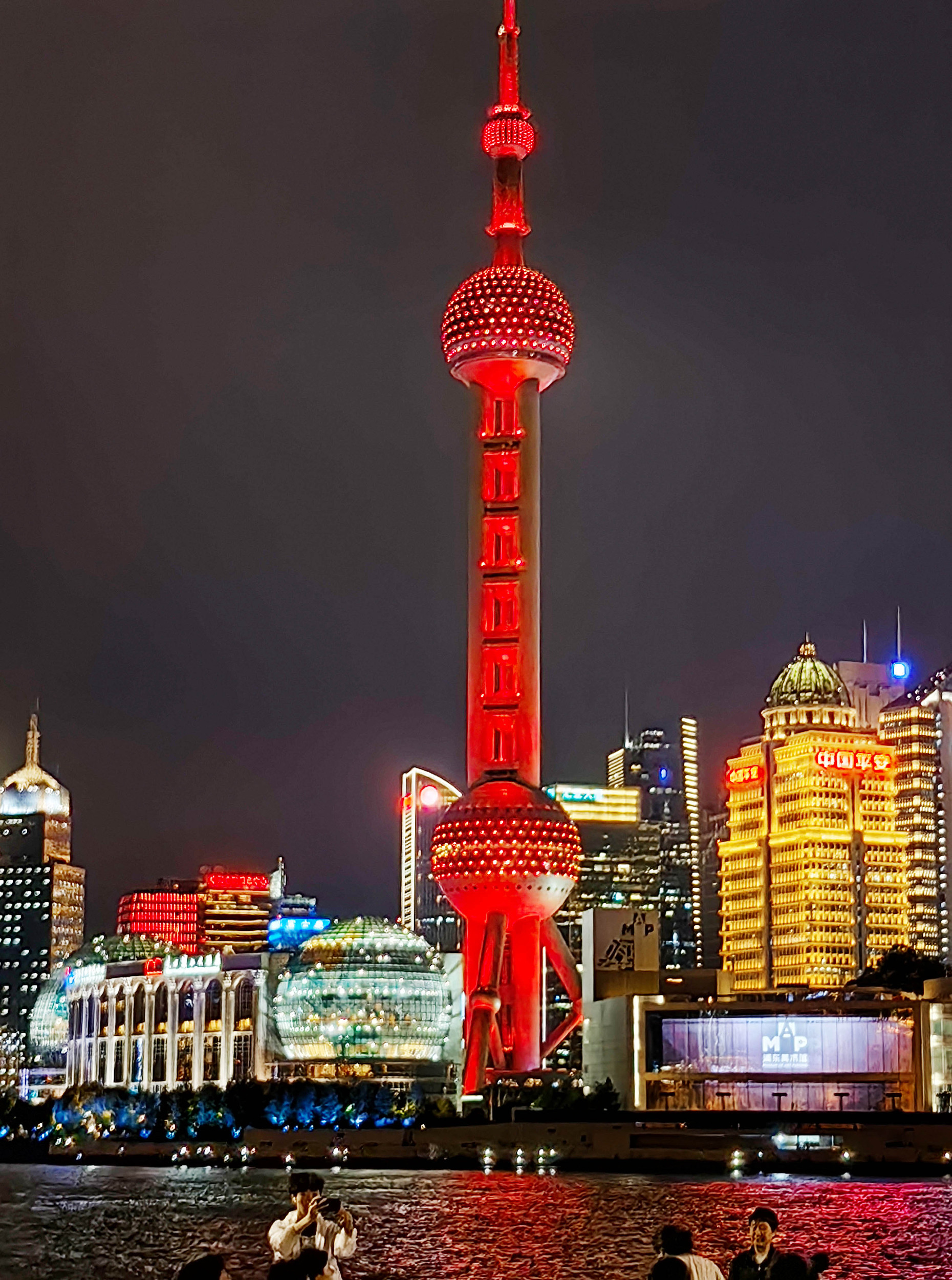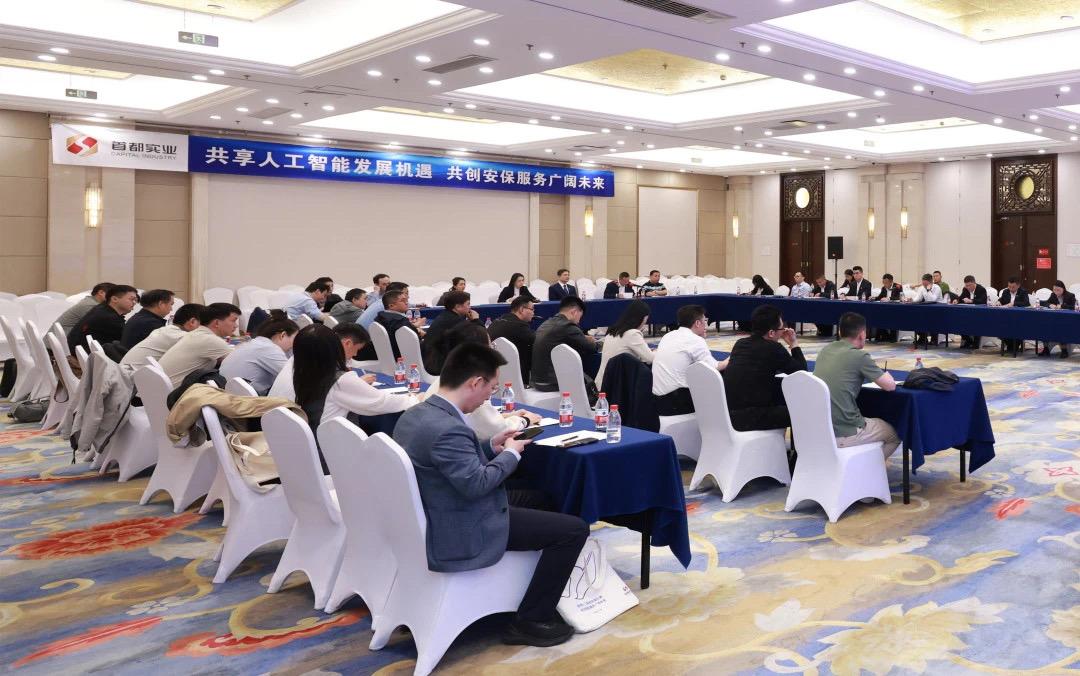FAQs About China's Port Visas

The oriental pearl TV tower. (PHOTO:VCG)
Q: Are China's port visas the same as "visa on arrival"? Which ports are authorized to issue port visas?
A: China's port visas are similar to the "visa on arrival" arrangement of some countries. It is a "way" or "method" of applying for a visa, rather than a specific type of visa like a "business visa" or "tourist visa". However, every country has its own conditions and procedures in accordance with its laws controlling the issuance of its port visas.
According to Chinese laws and regulations, foreign nationals holding ordinary passports who urgently need to enter China but do not have enough time to apply for a visa at the Chinese embassies or consulates abroad can apply for port visas for entry. They can submit their applications in advance to the port visa authorities by themselves or through the parties inviting them to China, or apply on site upon arrival at the specific ports in China.
To facilitate the application and avert a situation where the applicant is unable to obtain approval for entry due to legal reasons such as being legally ineligible for a visa or entry upon arrival at ports, which may affect travel arrangements and increase financial costs and time, foreign nationals are recommended to submit their applications in advance to the port visa authorities of the intended destinations, obtain preliminary approval from them, and then go to the corresponding port for applying for visas. For foreign tourist groups applying for port visas, the Chinese travel agencies responsible should apply for them in advance at the port visa authorities.
Q: What are the documents required to apply for a port visa in China?
A: A valid passport or any other international travel document, along with relevant supporting documents that prove the urgent reason(s) for his/her entry into China. Once the visa is issued, he/she may enter China from the port where the visa application is made.
As for the supporting documents, for example, a foreigner entering China for urgent business activities should submit the inviting party's invitation letter explaining the business purposes, details of emergency, and main itinerary arrangements, as well as relevant proof of the emergency. For more information, please contact the port visa authority at the intended port of entry.
Q: What types of visas can be extended, renewed, and re-issued for foreign nationals in China in their vicinity?
A: Foreign nationals coming to China for short-term non-diplomatic and non-official activities such as business cooperation, visit and exchange, investment and entrepreneurship, visiting relatives, tourism, or private matters, etc., with legitimate reasons to extend their stays may submit applications to the nearest exit-entry administrations of the public security organs in the places where they stay for the extension, renewal, and re-issuance of their business visas (M visas), visit visas (F visas), short-term private affair visas (S2 visas), and short-term family visit visas (Q2 visas), as well as for the extension and re-issuance of their tourist visas (L visas).
Q: How to apply for group tourist port visas?
A: For foreign tourist groups consisting of two or more people applying for group tourist port visas, the Chinese travel agency responsible for organizing and receiving such groups must submit invitation letters, lists of personnel, and tourist reception plans to the relevant port visa authorities in advance. Such tourist groups can enter and exit from all open ports in China.
Source: National Immigration Administration







